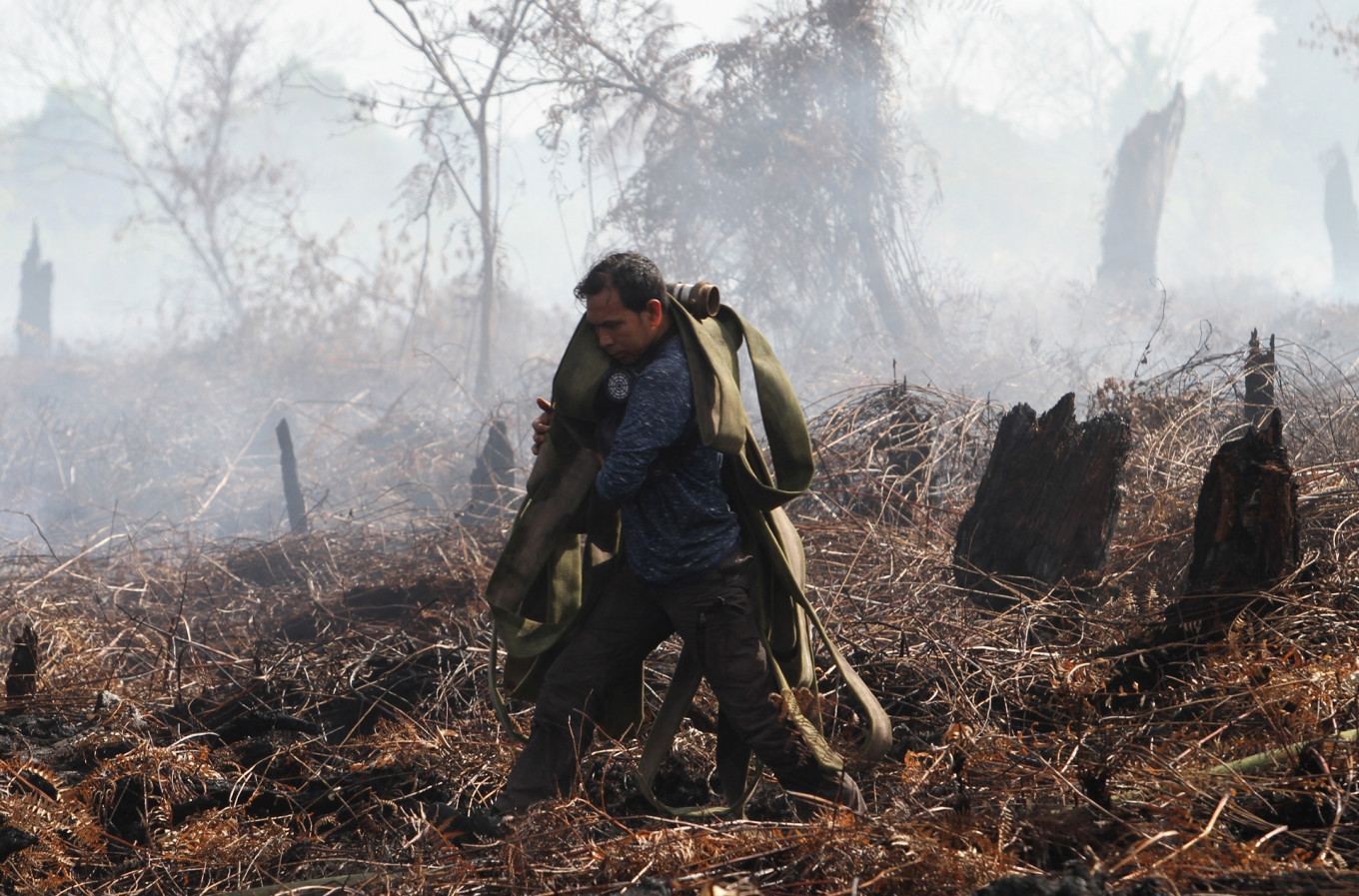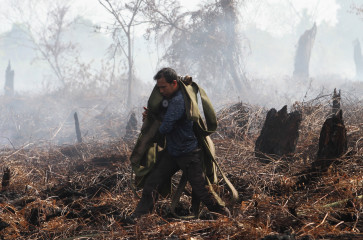Popular Reads
Top Results
Can't find what you're looking for?
View all search resultsPopular Reads
Top Results
Can't find what you're looking for?
View all search resultsTransformational fasting and ecological rejuvenation
The erosion of the sacredness of nature stems from a worldview that places humans at the pinnacle of creation, often interpreting this as granting humans power over nature.
Change text size
Gift Premium Articles
to Anyone
T
he current state of the environment is dire, as emphasized by the recent Sixth Assessment Report from the Intergovernmental Panel on Climate Change (IPCC) in 2022. This report warns that humanity may face further environmental disasters in the coming decades as the world approaches the critical threshold of 1.5 degrees Celsius before global boiling.
Another forecast by the World Meteorological Organization (WMO) suggests a significant likelihood that one of the next five years will see temperatures surpassing the 1.5-degree threshold.
Concurrently, the Intergovernmental Science-Policy Platform on Biodiversity and Ecosystem Services has raised the alarm about the rapid degradation of nature, jeopardizing the objectives outlined in Agenda 2030 and the Sustainable Development Goals (SDGs). This decline in biodiversity and ecosystem health undermines progress across 80 percent of the SDG targets, exacerbating challenges related to poverty, hunger, forced migration, pollution, urbanization and climate resilience, contributing to the premature deaths of millions worldwide each year.
At the core of this interconnected crisis lies the unsustainable patterns of production and consumption driving relentless resource extraction. The International Resource Panel consistently highlights the devastating consequences of humanity's unchecked exploitation of Earth's resources.
This inexorable pursuit not only fuels climate change but also accelerates biodiversity loss and exacerbates pollution levels, perpetuating a cycle of environmental degradation. In simpler words, we are already in a state of triple planetary crisis of climate change, biodiversity loss and pollution.
The erosion of the sacredness of nature stems from a worldview that places humans at the pinnacle of creation, often interpreting this as granting humans power over nature. This perspective has profound implications, as it can lead to attitudes of exploitation, manipulation and domination of nature exclusively for human benefit.
Instead of recognizing the intrinsic value of nature and its ecosystems, this mindset often reduces nature to mere resources to be exploited for economic gain or personal gratification.



















